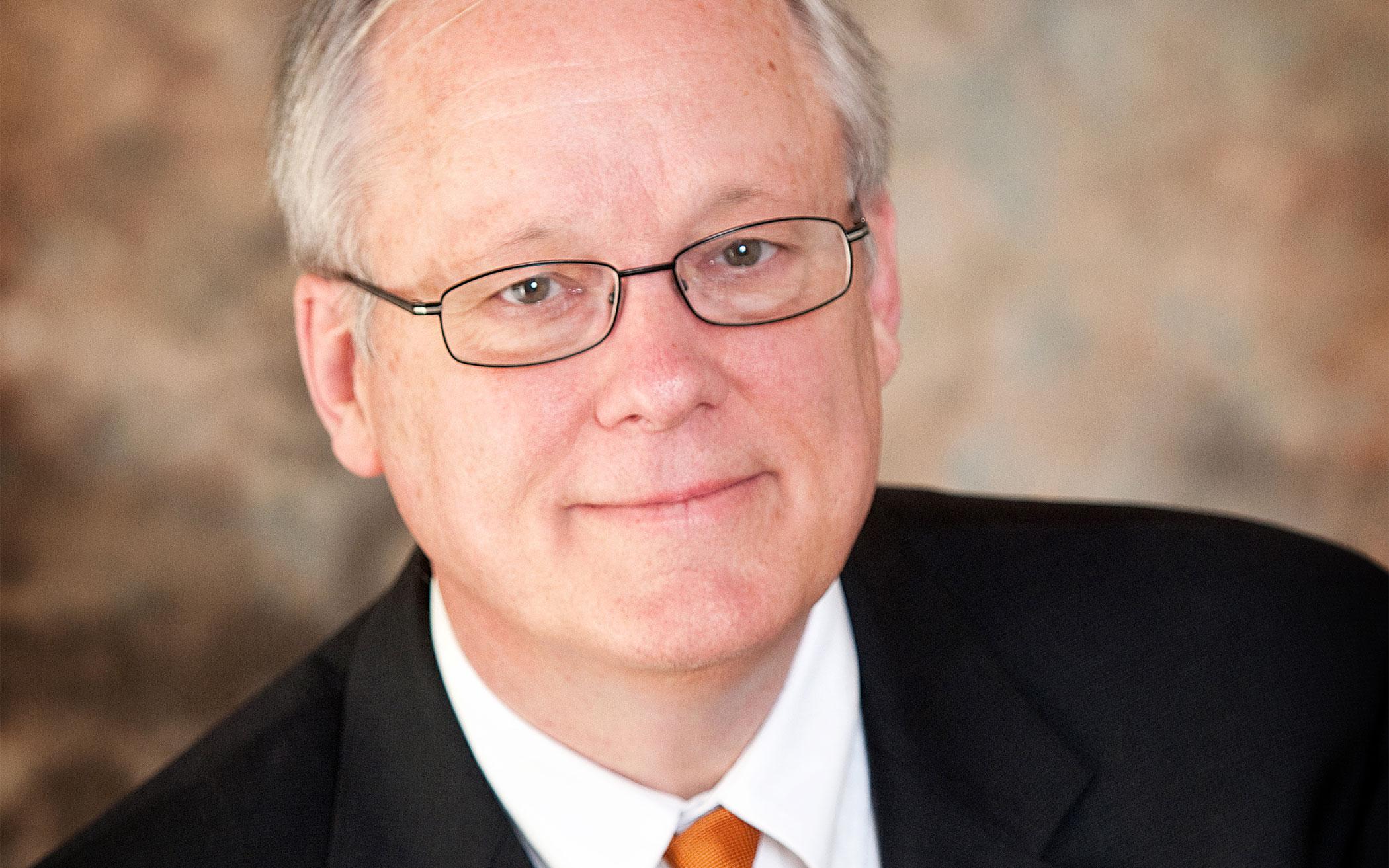A week after his surprising resignation as executive director of the Christian Reformed Church, Steven Timmermans spoke to The Banner about his reasons for that, as well as his reflections on his time in the role.
At its February meeting, the church’s Council of Delegates was rocked to receive Timmermans’ resignation at a meeting that was already in turmoil because of major and immediate restructuring for governance that increased operational differentiation along national lines between the U.S. and Canada.
Timmermans said it became clear to him that the current structure of one executive director for the entire denomination needs to change so that ministry leadership in Canada and in the U.S. are clearly under the direction and control of structures specific to each country. “I found that in this quickly changing environment that my voice was no longer helpful,” he said. “Being in the position to which I was hired and exercising my vision/voice from that position served only to accentuate the old way when we all knew that a new structure for leadership was needed.”
He chose instead to resign now instead of retiring in 18 months as he’d planned. “I thought it was better to speed up my retirement so as not to be in the way of needed change.”
He noted that even the preparation for Synod 2020 will need a new approach in light of the changes. “Operating out of my current position, it was apparent that I would not be helpful in contributing to a new structure for denominational leadership,” he said.
He said making sure there is differentiation by country while keeping clear the unity of the church will be a challenge. “Our attending to meeting secular/civic requirements needs to be at an A-plus level and our commitment to being the church of Jesus Christ and all of its ecclesiastical dimensions needs to be at an A-plus level.”
Timmermans was appointed to his role in July 2014. At the time, the CRC was reviewing its structure and culture following the resignation of its previous executive director. “I had hoped to be part of the structural changes and, more importantly, help shape a culture among denominational staff that pointed them to supporting local congregations more and more,” he said. He is happy the ministry plan of the past five years brought together the resources of denominational ministries and offices to address the priorities congregations expressed.
He also expressed joy at what he calls the slow but steady evolution of the ways in which various ethnic minority groups in the CRC are being included at the table. “The old way was the Home Missions way, having ethnic ministry leaders, and while that served well for earlier times, the current efforts are more organic,” he said. “Ministry leaders of these various groups are shaping the ways in which they contribute and are challenging ... all of us to step up leadership development efforts, church planting, and other key ways of enhancing ministry in cultures different from the historical culture of the CRC.”
He acknowledged that having gifted leaders spread across various ministries and agencies who are called in specific ways, sometimes in one country, sometimes across borders, has always been challenging to make sure that right hands and left hands were cooperating, that the CRC's vision was primary, and that the church’s efforts were unified.
He particularly enjoyed his work in ecumenical relations, including beyond North America. “The world of ecumenicism is changing, and the CRC, with our rich history of helping develop Indigenous churches, is now poised to partner in new ways around the world, bringing with our partners a Reformed perspective in the life and ministry of these churches, their communities, and their regions/nations,” he said.
Timmermans is in his early 60s and doesn’t know yet what lies ahead. “Retirement,” he said, “but retirement that allows service to the church—my local congregation, the CRC, and brothers and sisters around the world.” Timmermans and his wife are members of First CRC in Grand Rapids, Mich.
His hope for the CRC is “rich and vibrant congregations that increasingly reflect the diversity of God's family, that hold tightly to the Scriptures, and hold forth the light of Christ in a troubled and troubling world … all with appropriate Reformed accents!”
His advice for his successor? Care deeply for the CRC; act wisely since there's some tenderness arising out of these present issues of differentiation; and rely upon the Spirit's power to serve the CRC in a way that brings a needed Reformed witness in the formation of each CRC generation, in the life and ministry of each CRC congregation, in each community and country where they are located.
About the Author
Gayla Postma retired as news editor for The Banner in 2020.

